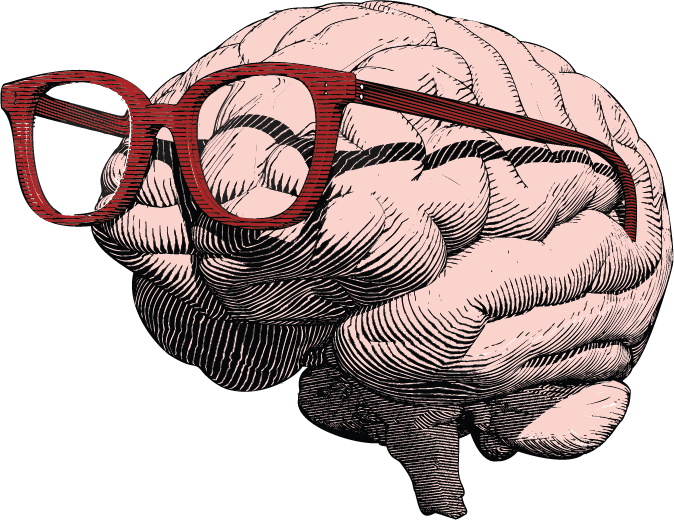
Caroline Sferrazza: Once a Scientist Co-Producer and Science Writer/Analyst at Rose Li and Associates
This week, Once a Scientist welcomes Caroline Sferrazza, producer, webmaster, and writer extraordinaire. Outside of her work on this show, Caroline is a science writer and analyst at Rose Li and Associates, a scientific planning and communications firm in the Washington, D.C. area.
Once a Scientist, Always a Scientist
Caroline admits to Nick that, despite having nearly a decade of laboratory experience, she recently found herself consulting Google to find a consensus for the definition of a “scientist.” Does the term apply only to those professionals who work in laboratories, doing research? Or does it include others who were trained in the scientific method and then bring that training to their current occupation and all of their other pursuits? She likes one of the more expansive definitions she found: in her eyes, a scientist is someone who gathers evidence and then shares it with the world. “I think that what I really gained from years in a lab, and from studying science at all,” Caroline says, “was learning how to break down a question and find objective truth.”
Caroline’s passion for scientific inquiry and her interest in educating others both go back to her childhood. “I was totally that older sister who’d try and teach [her] siblings stuff after school,” she admits. Her very first dream job was to be a teacher, and her favorite subjects were the sciences, especially biology. Even while working in laboratories as a technician and then as a graduate student, Caroline knew that her future was away from the bench. “I never had any desire to be an academic scientist,” she says. “It was always more about being scientific in my way of thinking.”
While working toward her dissertation requirements, Caroline also took on other responsibilities outside of lab. She began to write about science for a number of outlets. She helped organize science outreach and communication events in San Diego, such as the taste of science festival, which brought researchers to bars, restaurants, and breweries to discuss their work with the public. She also became involved in the University of California San Diego’s Neurosciences Outreach Program, with which she visited elementary, middle, and high schools to talk about how the brain works. “Whenever I was doing those things,” Caroline says, “I felt like I was on the top of the world.”
Charting a New Path
Unlike all the other scientists profiled so far on Once a Scientist, Caroline elected to leave her graduate program at UC San Diego after earning a master’s degree but before completing her dissertation. She and Nick discuss how she made the decision to jump straight into her dream career instead of staying to get her doctorate.
Caroline says that she had reached a stage in graduate school where she enjoyed her experiences as an educator, writer, and organizer far more than her work in the lab, which was taking an unfortunate toll on her love of science. At the same time, she got an offer she couldn’t refuse: a local biotechnology startup, Neurophotometrics, wanted her to come on as their Director of Public Relations. She’d be able to apply her skills in science communication to write educational material for the website and to develop connections between the company’s scientific team and their customers.
I think that what I really gained from years in a lab, and from studying science at all, was learning how to break down a question and find objective truth.
Caroline Sferrazza
Caroline realized that most of her discomfort about leaving academia had nothing to do with her own aspirations; instead she was afraid of disappointing her friends and advisors. While she had agonized for months about whether she should leave her program, it only took one day at her new job before Caroline knew that she had made the right choice.
A crucial part of Caroline’s decision-making process was to solicit input from others, especially those who already worked at the intersection of writing, science communication, advocacy, and public policy. Did they enjoy their jobs? In their fields, was it more important to have a PhD, or more work experience? Caroline’s best advice for someone else going through the same decision process that she went through: “Talk to as many people as you can who have the job that you want and see what they say.”
Caroline’s Favorite Books
Once a Scientist is made possible by support from our listeners! Each week, we ask our interviewee to tell us about their favorite books. If any of these reads catch your eye, you can support the show by using the links below to buy a copy for yourself!
- The Psychopath Test: A Journey Through the Madness Industry by Jon Ronson
- The Man Who Mistook His Wife for a Hat by Oliver Sacks
- Slaughterhouse-Five by Kurt Vonnegut
- Fahrenheit 451 by Ray Bradbury
- The Gene: An Intimate History by Siddhartha Mukherjee
- A Game of Thrones by George RR Martin
Notes for this episode were written by Sam Asinof.




0 Comments